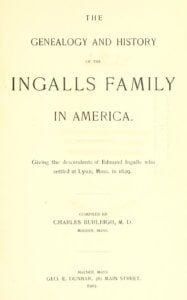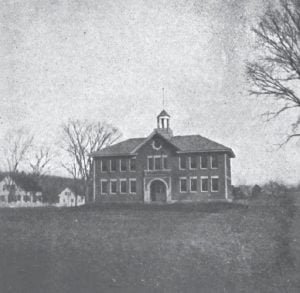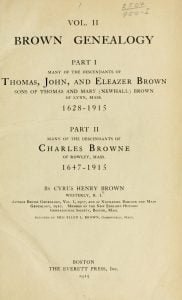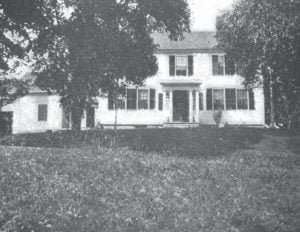Church History of Norwich Vermont
The great achievement of the first generation of Norwich settlers was the building of a meeting house. More than any other event of the time, with the possible exception of the accomplishment of the national independence, this was an undertaking that enlisted the energies and taxed the resources of our forefathers. The building of a meeting house in a New England frontier settlement a century ago was regarded a matter of public concern, to be supported by the whole community without regard to sect or party, like the opening of roads or any other public charge. In less than ten … Read more




